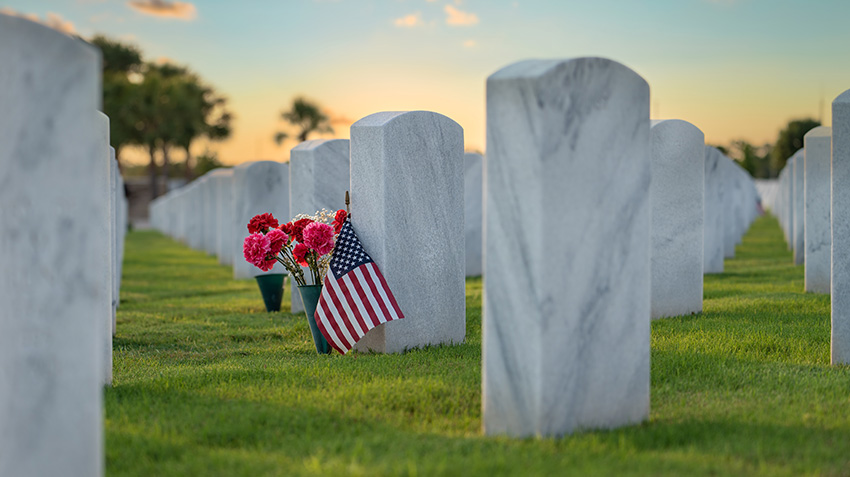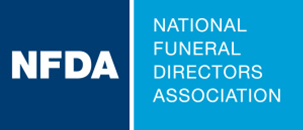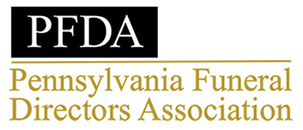
Honoring a loved one who served in the military is a deeply meaningful way to acknowledge their dedication and sacrifice.
Funeral services for veterans provide an opportunity for families, friends, and the community to show respect while celebrating the life of someone who served the nation. Full military honors ensure that a veteran’s final farewell reflects their service and the traditions of the armed forces. Understanding what these honors entail and how to arrange them can ease the process for grieving families and ensure that every detail of the ceremony is carried out with dignity.
Why is it important to honor veterans with full military rites?
Military service requires courage, commitment, and sacrifice. Providing full military honors at a funeral acknowledges the contributions a veteran made to their country. It also offers families a structured and dignified way to commemorate their loved one’s life. Beyond tradition, these ceremonies provide comfort and closure for family members while educating the community about the significance of military service. Military funerals serve as a reminder of the sacrifices made by service members and help preserve a sense of history and respect for those who defended the nation.
What does full military honors mean at a funeral?
Full military honors refer to a set of ceremonial practices specifically designed to recognize a veteran’s service. This standard protocol is observed across all branches of the U.S. military and is intended to convey respect and gratitude. These honors are not only symbolic but also carry deep emotional significance. By performing these rituals, the military ensures that every veteran’s service is remembered with precision, formality, and solemnity.
What do full military honors include?
The typical elements of funeral services for veterans include a flag presentation, an honor guard, a gun salute, and the playing of “Taps.” The flag is ceremoniously folded and presented to the next of kin, representing the nation’s gratitude for the veteran’s service. The honor guard performs the ceremonial duties with precision, maintaining a respectful and disciplined presence throughout the service. The gun salute, traditionally three volleys, pays tribute to the fallen and echoes a time-honored military custom. “Taps,” the haunting bugle call, marks the final farewell and evokes solemn reflection, leaving a lasting impression on all in attendance.
Who is eligible for full military honors?
Full military honors are available to all veterans who were discharged under conditions other than dishonorable. This includes service members who served on active duty, in the Reserves, or in the National Guard. Families can verify eligibility through the Department of Veterans Affairs or the specific branch of service. Funeral directors and VA offices are also valuable resources to confirm qualifications and initiate the process. It is important for families to gather accurate information about the veteran’s service record to ensure that all eligible honors are provided.
How do you begin arranging military funeral honors?
Families should start by contacting the funeral director handling the services. Funeral directors experienced in military funerals can guide families through each step, from documentation to ceremony coordination. In addition, families may reach out directly to the Department of Veterans Affairs or the appropriate military branch to request honors. Early notification helps ensure that the full ceremonial team can be present on the chosen date and that all protocol is observed without issues.
What role does the funeral director or Veterans Affairs play?
Funeral directors serve as the primary liaison between the family and the military. They help prepare the necessary documentation, schedule the ceremony, and coordinate timing with military personnel. The Department of Veterans Affairs provides guidance on eligibility, assists with burial benefits, and ensures that full honors are properly administered. Together, these resources streamline the process and reduce the administrative burden on grieving families, allowing them to focus on honoring their loved one.
What are the key steps to arrange full military honors?
Arranging full funeral services for veterans involves several important steps. First, families must gather essential documents such as the veteran’s discharge papers, service records, and any military awards or decorations. Next, the request for honors should be submitted to the veteran’s branch of service or VA office. The funeral director then coordinates with the honor guard and other ceremonial elements to schedule the funeral. Clear communication between the family, funeral home, and military personnel ensures that the service runs smoothly. It is also helpful to discuss any personal touches the family wishes to include, such as speeches, photos, or memorabilia, while still respecting military traditions.
How much do military funeral honors cost?
The Department of Defense provides military funeral honors at no cost to eligible veterans. This includes the honor guard, flag presentation, and the playing of “Taps.” Families may incur additional costs for burial plots, caskets, or other funeral arrangements, but the ceremonial components of full military honors are fully covered. Additionally, the VA offers burial benefits such as grave markers, headstones, and, in some cases, reimbursement for interment expenses. Understanding these benefits can help families plan the funeral with confidence and avoid unexpected costs.
Other considerations for families?
When planning funeral services for veterans, families may consider whether to choose a national or private cemetery. National cemeteries often provide additional ceremonial support and are maintained by the VA, while private cemeteries offer more flexibility in personalization. Families can personalize the service through tributes, speeches, or memorial displays while still respecting military traditions. Family members may also participate in the ceremony, assisting with flag folding or other ceremonial roles, depending on guidance from the honor guard. It is also important to consider accessibility for guests, scheduling, and coordinating with clergy or speakers to ensure a smooth and meaningful ceremony.
Frequently Asked Questions
Below are some commonly asked questions to consider:
What should I wear to a veteran’s funeral?
When attending a military funeral, choose attire that is conservative and respectful. Avoid casual clothing such as jeans, T-shirts, or sweatshirts, as these may be seen as inappropriate. Civilians should wear formal or semi-formal clothing, while current or former military members may wear their uniform if appropriate.
Who receives the flag at a military funeral?
The American flag is typically presented to the next-of-kin as a keepsake following the funeral service. If there is no next-of-kin, the Department of Veterans Affairs can provide the flag to a friend who requests it.
What should I say at a military funeral?
When speaking at a military funeral, it is important to acknowledge the veteran’s service. Highlight their branch, notable achievements, and the values they demonstrated, such as loyalty, discipline, or compassion. If military honors are included in the service, reference them as part of the collective tribute to the veteran’s life of service.
Honoring heroes with funeral services for veterans
Arranging funeral services for veterans honors a loved one’s service and sacrifice. By understanding eligibility, coordinating with funeral directors and the VA, and respecting ceremonial traditions, families can ensure their veteran receives full military honors. Thoughtful planning allows personal touches while maintaining dignity and formality. Whether at a national or private cemetery, each element reflects the veteran’s life and service. These services provide closure and comfort while serving as a lasting tribute, guided by experienced professional funeral services, the VA, and veteran service organizations.



